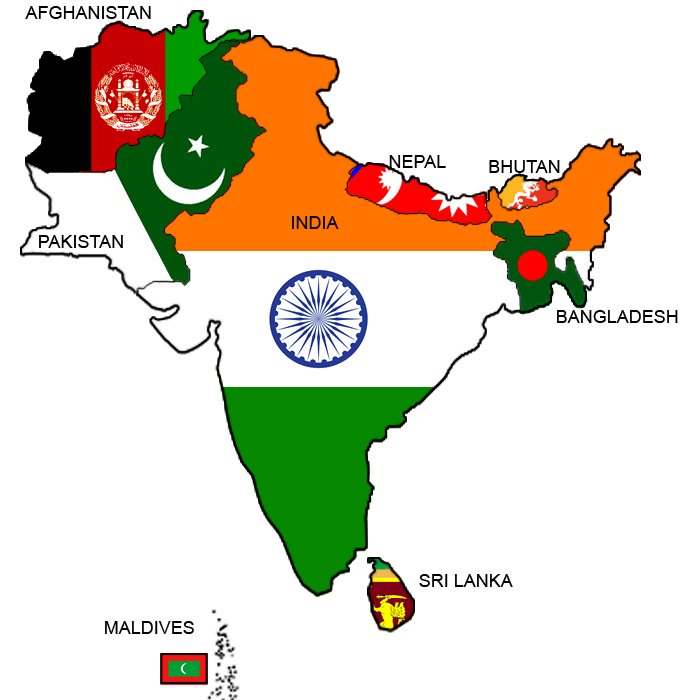
South Asia is once again in the crosshairs of an evolving asymmetric threat — but this time, the alarms are not coming solely from Islamabad. Tehran’s recent expression of concern over the disappearance of its nationals, allegedly linked to foreign intelligence activity, has pulled back the curtain on a shadow war that has long played out in silence. While Iran’s message was couched in diplomatic restraint, the implications are unmistakable: New Delhi’s intelligence footprint is under scrutiny, and regional states are beginning to acknowledge what Pakistan has highlighted for years — the presence of Indian-linked operatives conducting covert operations across the border.
This quiet reckoning comes at a crucial moment. In the past decade, India’s intelligence agency, RAW, has evolved from a regional counterintelligence player into a transnational entity operating with expansive ambition. Whether it is the recruitment of proxy actors, leveraging dissident groups, or outsourcing political assassinations to transnational criminal networks, the tactics reveal a dangerous strategic doctrine that prioritizes plausible deniability over diplomatic stability.
Nowhere has this doctrine been more visible than in Pakistan’s western corridor. The arrest of Indian naval officer Kulbhushan Jadhav in 2016 exposed a deeply embedded Indian espionage network in Balochistan, complete with financial pipelines and logistical support for separatist groups. Jadhav’s confession — and the subsequent international arbitration — was dismissed by India as forced theatrics. Yet, years later, a pattern has emerged that lends weight to Pakistan’s claims.
Iran’s province of Sistan-Balochistan, which borders both Pakistan and Afghanistan, is increasingly at the center of this intelligence triangulation. For years, Tehran tolerated India’s economic and developmental overtures, including the strategic Chabahar Port project. But recent incidents, especially involving Indian-linked actors in Iranian territory, suggest a shift. Iran’s tone is changing — from polite deflection to subtle warning.
What might have triggered this recalibration? Part of the answer lies in India’s expansion of its covert model, honed in Afghanistan, and now reportedly adapted to Iranian soil. After the fall of Kabul, the Indian intelligence network that once relied on a friendly Afghan government and foreign support lost significant operational space. Iran, already managing internal unrest and grappling with economic constraints, may have been seen as fertile ground to recalibrate. But unlike Afghanistan, Iran has both the capacity and sovereignty to push back — and that appears to be what is happening now.
Tehran’s recognition, however veiled, provides a rare opening for regional accountability. For Pakistan, this is an opportunity to internationalize its longstanding grievance: that India, under the guise of strategic autonomy and national security, is actively cultivating instability in its neighboring states. This is not mere conjecture. The recent revelations of Indian assassination plots in Canada and the United States — involving RAW-linked handlers and third-party hitmen — show that India’s asymmetric warfare doctrine is not confined to South Asia. It’s global, calculated, and carefully masked by diplomatic doublespeak.
Moreover, India’s use of non-state actors to conduct such operations marks a fundamental violation of international norms. It blurs the line between counterterrorism and state-sponsored terror. When intelligence agencies begin to subcontract killings and sabotage to criminal gangs or militant proxies, they become indistinguishable from the threats they claim to neutralize. This erosion of moral and legal clarity is not just a South Asian issue — it’s a global concern.
The challenge now is to translate this regional unease into coordinated action. Iran, Pakistan, and other affected states must move beyond bilateral whispers and build multilateral consensus on the threat posed by extra-territorial state-sponsored subversion. Platforms like the Shanghai Cooperation Organization (SCO), the Organization of Islamic Cooperation (OIC), and the UN’s Counter-Terrorism Executive Directorate can be instrumental in developing frameworks that both acknowledge the threat and offer mechanisms for accountability.
Meanwhile, the international community must recognize that India’s narrative of being a victim of cross-border terrorism has effectively served as a smokescreen for its own covert adventurism. The recent trend of linking aid flows and IMF disbursements to arms purchases in Pakistan — with no substantiated evidence — is another attempt to manufacture a moral high ground. The irony is that the state accusing others of terror financing is the one increasingly implicated in financing violence across borders.
The way forward demands principled diplomacy. It requires drawing red lines against the outsourcing of terror, reinforcing international law, and de-incentivizing covert adventurism by holding states accountable for violations. If Iran’s recent statement marks the first crack in the wall of silence, then it must now be followed by meaningful action. The region is watching. So is the world. And in this shadow war, exposure may be the only antidote to impunity.
